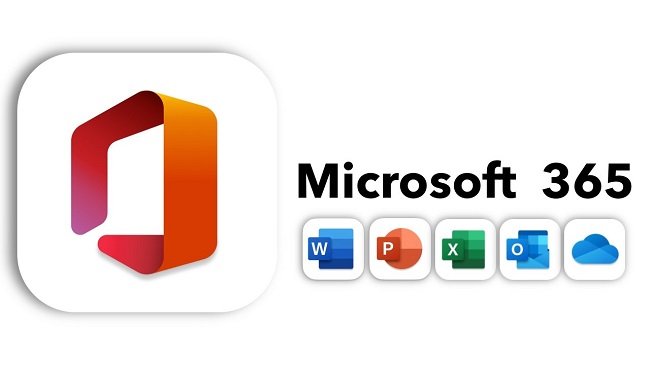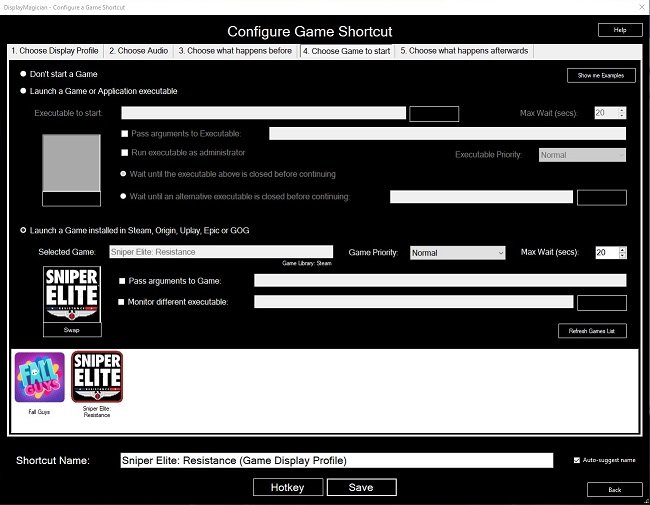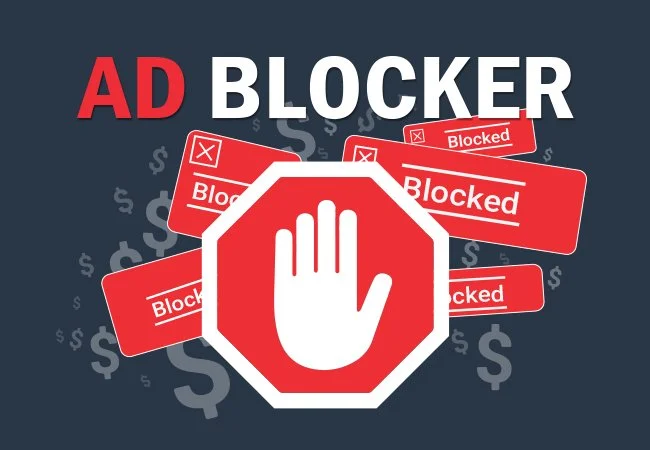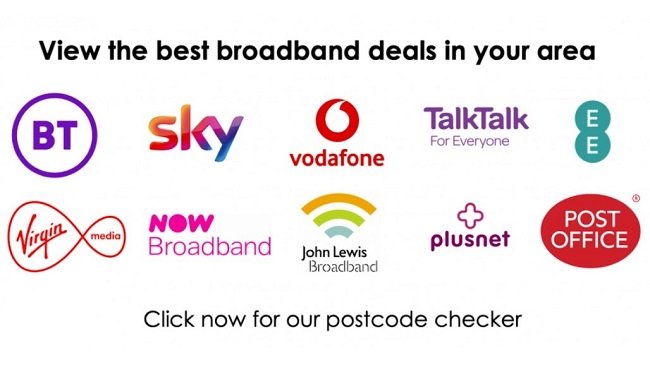The Relevance of Domain Authority?
Really?
According to Wikipedia, Domain Authority (also referred to as Thought Leadership) is a measure of a website's relevance with regard to a specific subject area or industry. Be warned, do not read the summary I’ve linked to if you are averse to bullshit marketing speak. I vomited blood when I typed “Thought Leadership” but take comfort in the fact that the marketing executive who came up with that inane platitude is currently closeted at home with a partner and children that hate them and will be facing divorce proceedings roundabout Christmas. But I digress. The reason I mention Domain Authority is because it came up in conversation of the Blaugust Discord channel. Author and fellow blogger Tessa mentioned it as a metric that may have changed for many writers over the course of the Blapril blogging event. It has done so for her, although I didn’t take that as a sign that she puts particular stock in this measure. As this wasn’t a statistical measurement I was familiar with I Googled the term and hence discovered the aforementioned Wikipedia entry.
Now setting aside the usual sage advice about not focusing upon website stats, I was curious about this term, because although I’m not exclusively driven by the numbers for Contains Moderate Peril, I do like to know what is or isn’t getting read. Statistics can be a useful tool, as long as you don’t obsess over them and harbour dreams of global domination and a volcano lair . So, to cut a long story short I used the first URL that Google listed to determine what my Domain Authority is and found it to be 45. As I initially had no context for this specific number, I was neither impressed nor unimpressed, just flummoxed. A little further research yielded some background information that made the number a little easier to qualify. Apparently a “Domain Authority score ranges from one to 100, with higher scores corresponding to a greater ability to rank with search engines. Domain Authority is calculated by evaluating multiple factors, including linking root domains and the number of total links, into a single score”.
Here is an obvious metaphor about alchemy
So it boils down to trying to ascribe a simple numerical value to assess how well a website will fare with respect to internet searches. SEO (Search Engine Optimisation) has become the Holy Grail among internet marketing alchemists for a while, spawning an entire online industry offering such services, although the results are “questionable”. According to the following blurb “Domain authority scores between 40 and 50 is considered average, between 50 and 60 is considered good and over 60 is considered excellent”. This allows me to put my score of 45 into perspective. Perhaps that’s why I get so many emails addressed to “Dear Contains Moderate Peril” offering to collaborate with me and my team (?) to improve my site ranking. They all go in the recycle bin. Call me old fashioned but I always thought it was the quality and style of your written work, along with knowledge and experience that gained traction with readers. When, for example, I’m looking for a movie review for an obscure genre title, I don’t necessarily want the most popular one but the most cogent. As for Domain Authority, I’ll file it under spurious bollocks along with politican’s promises and the appeal of Mrs Brown’s Boys.

























